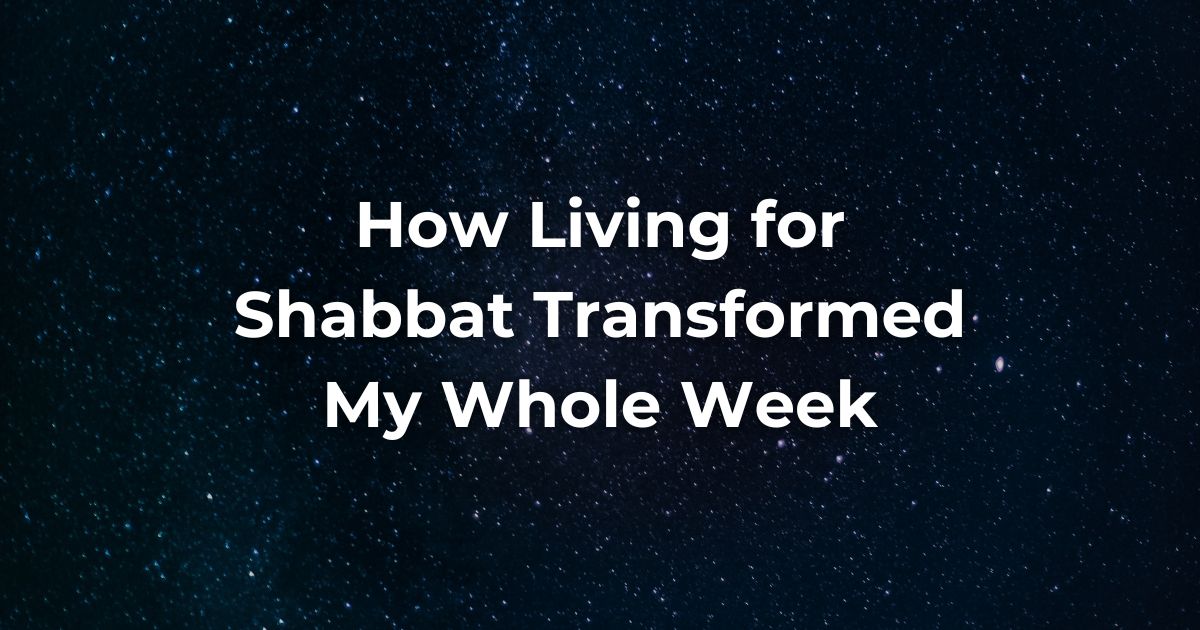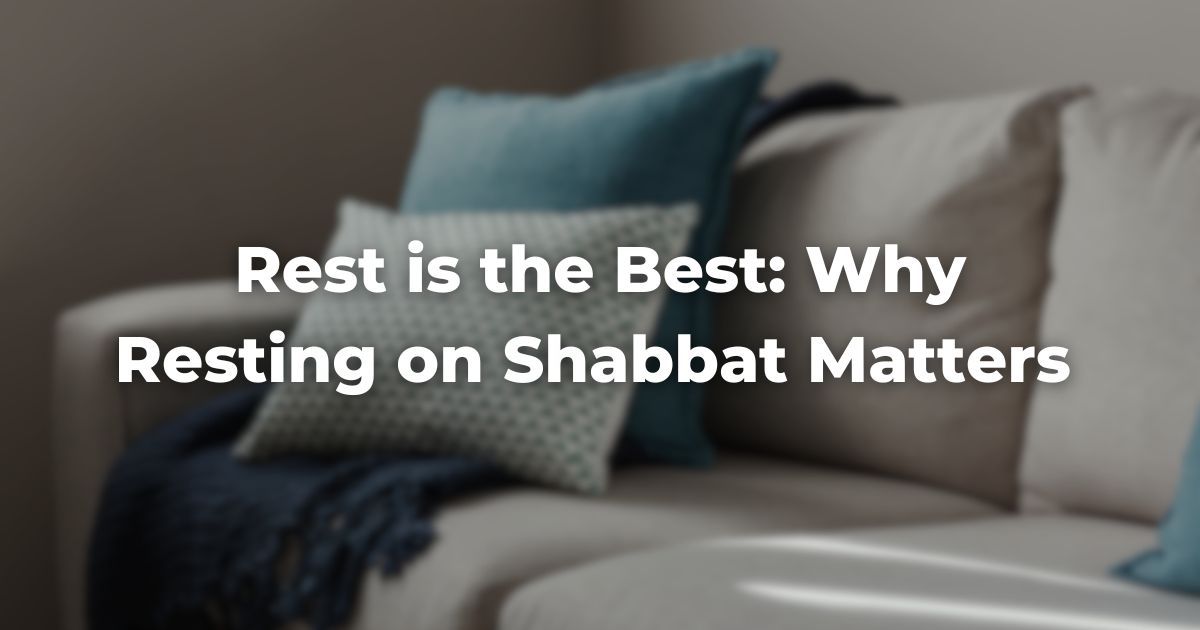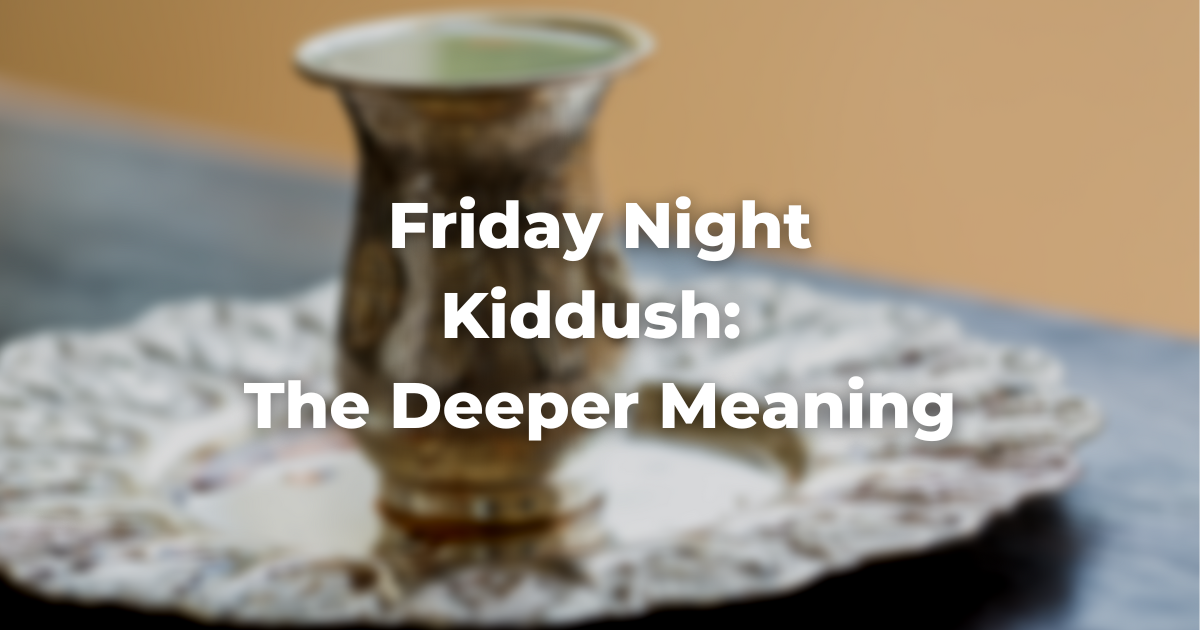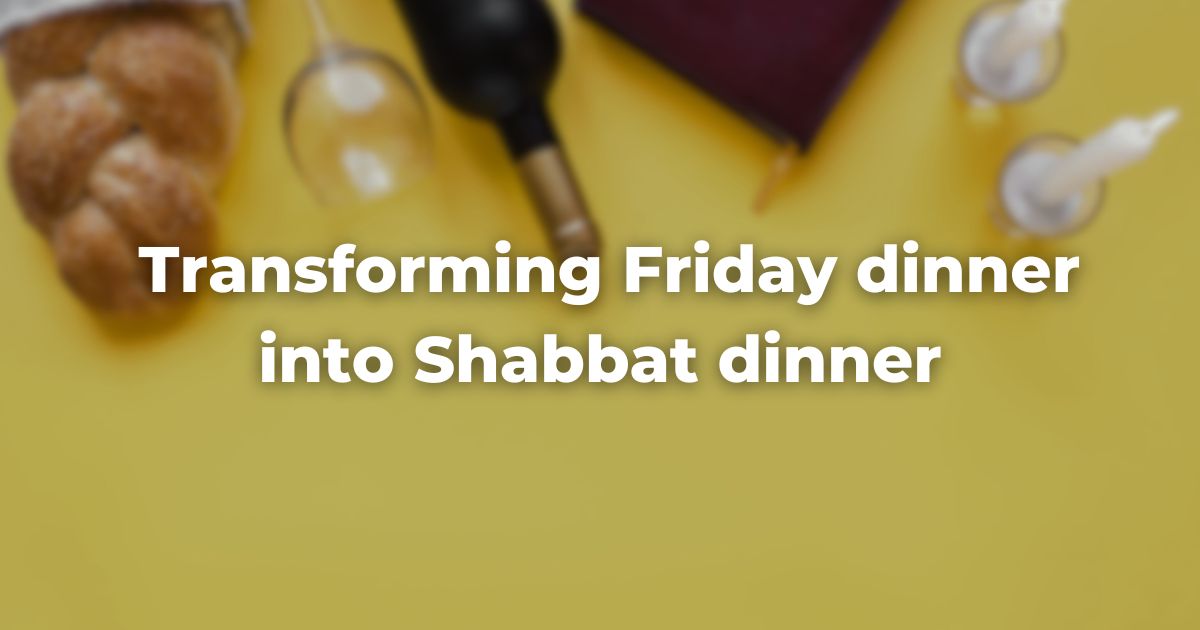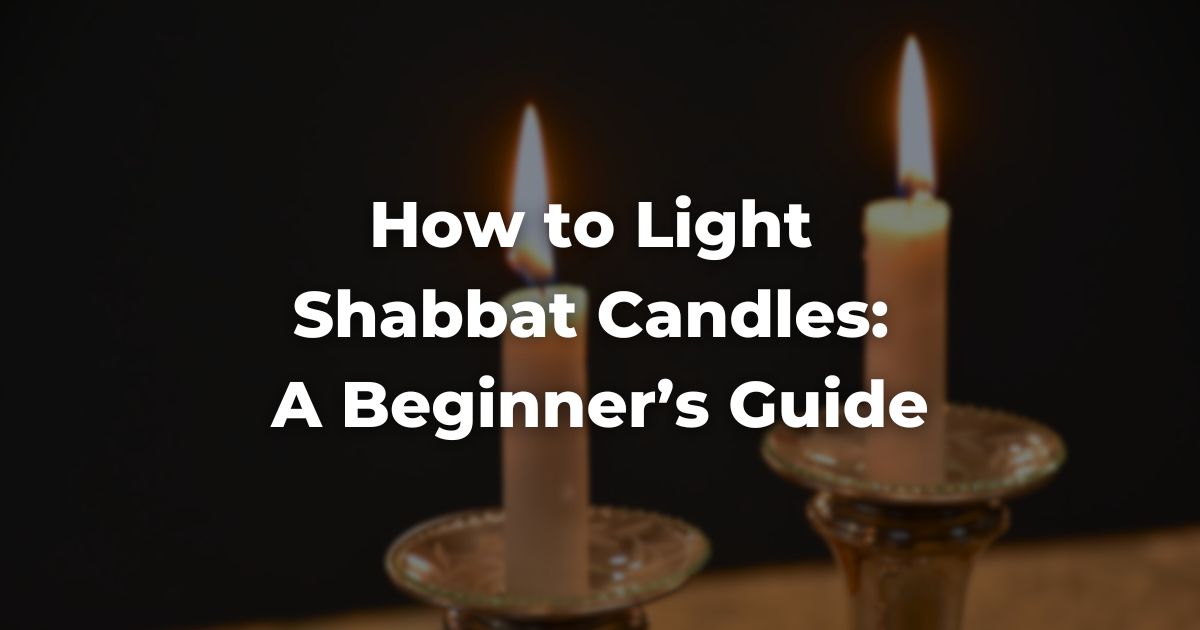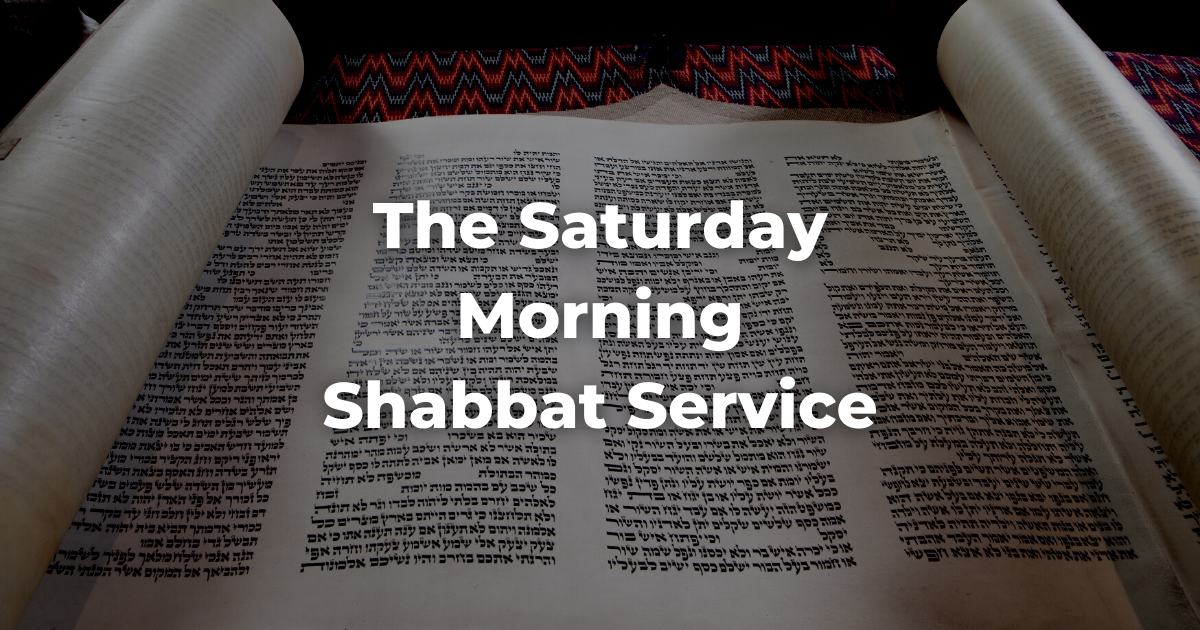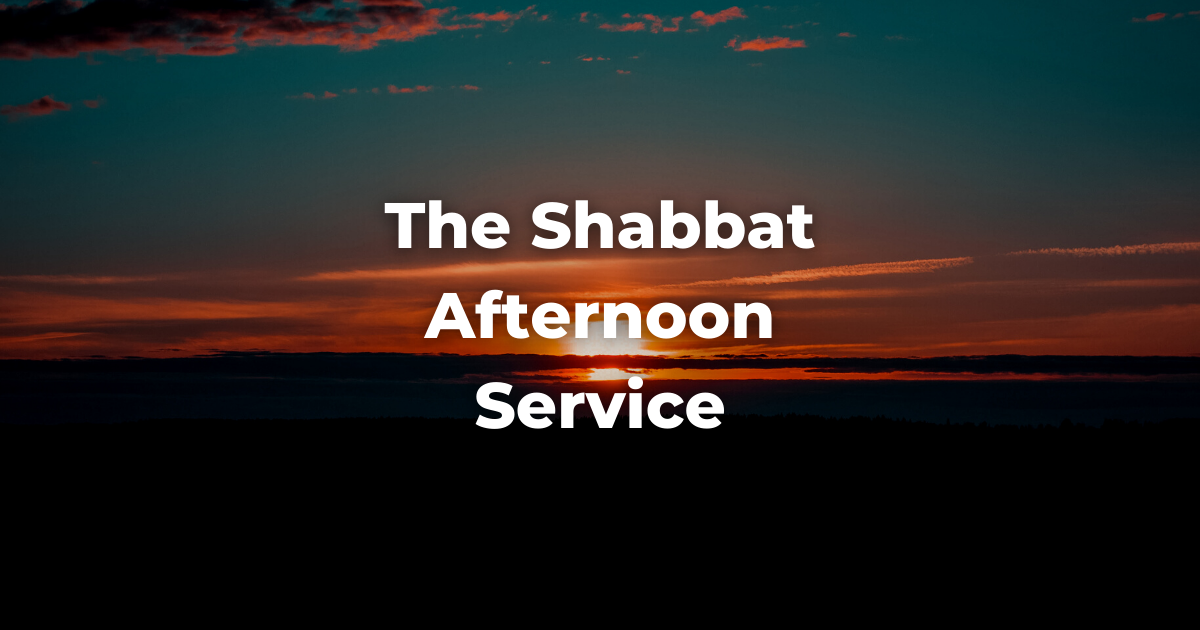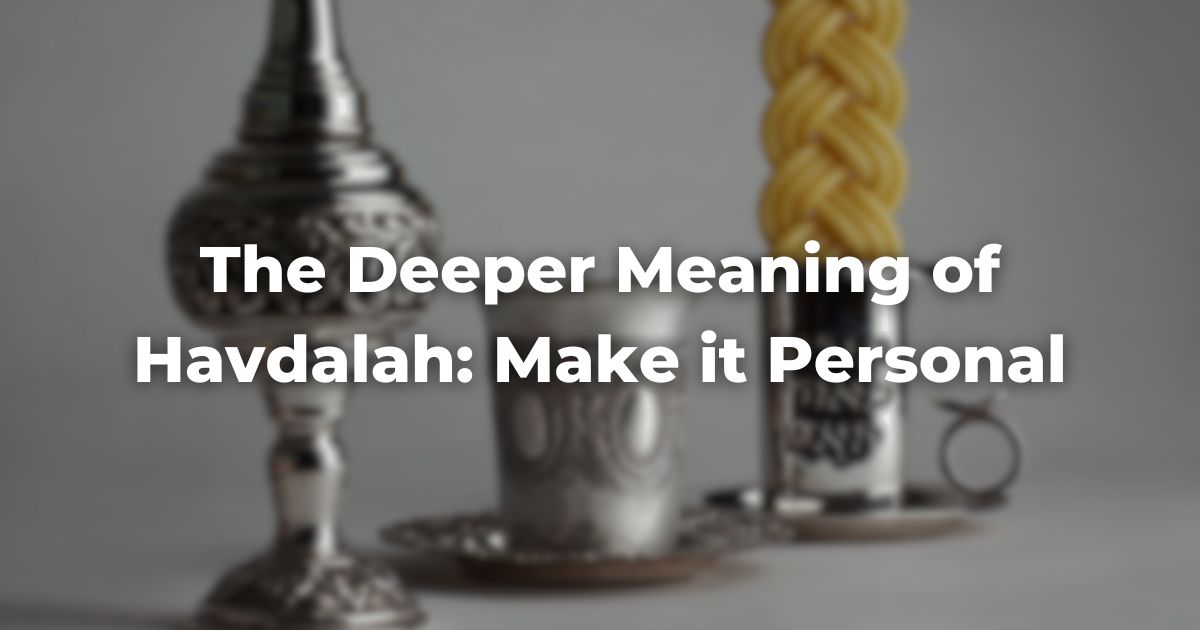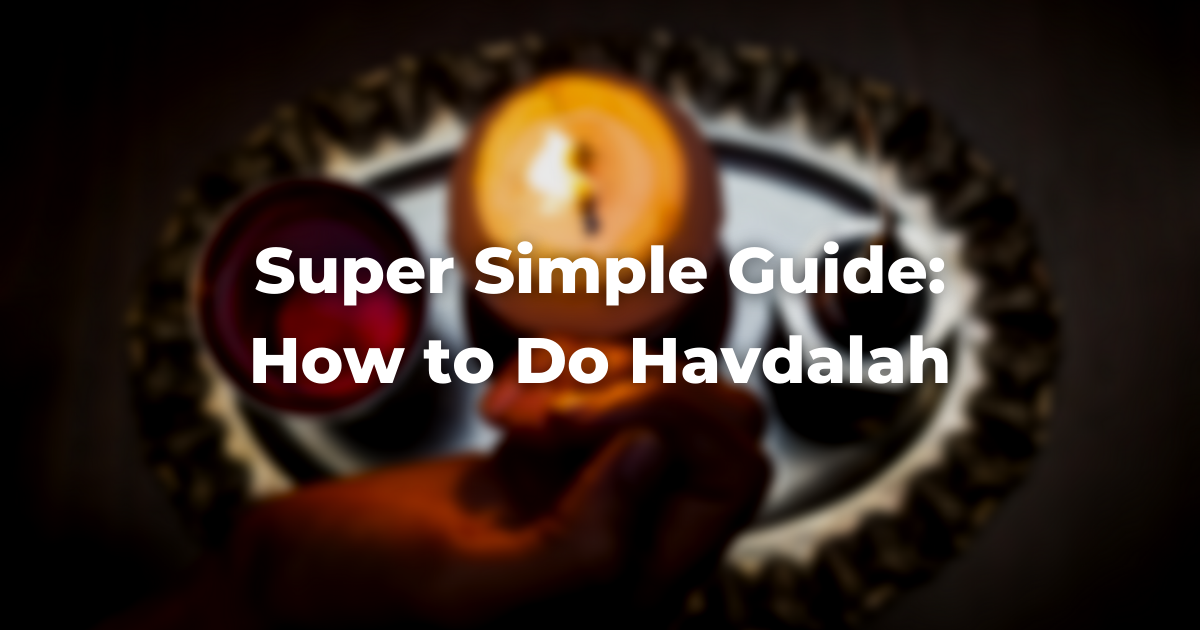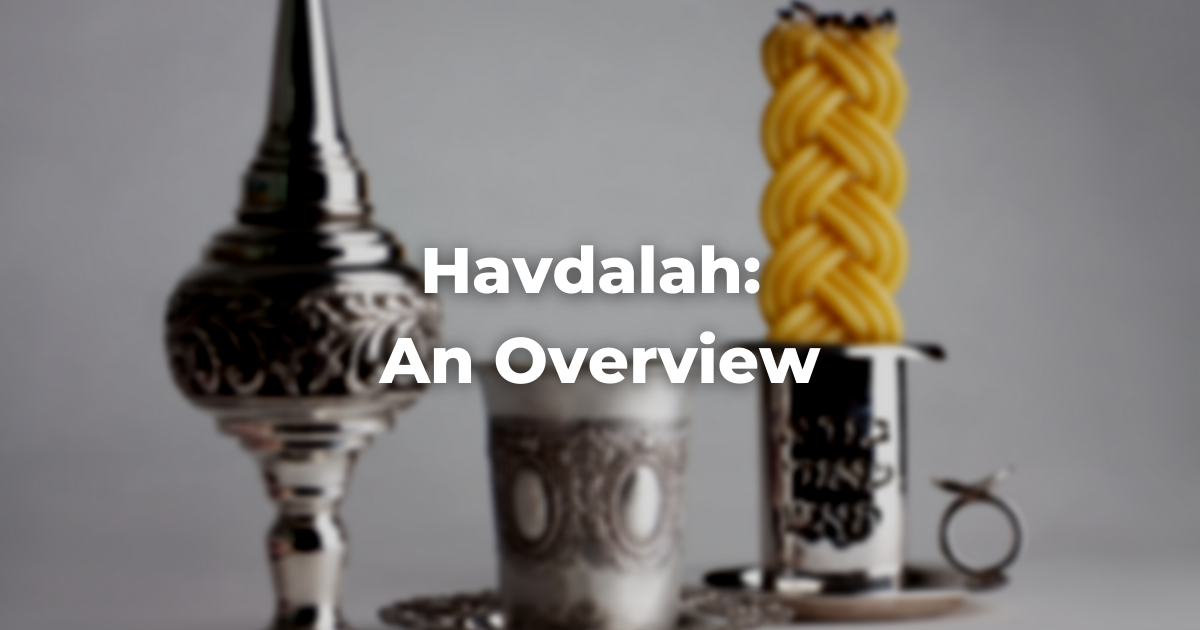Shabbat
Sacred Time, Every Week
Step away from the noise. Enter sacred time. Whether you’re lighting candles or looking for deeper meaning, there’s a way in.
Step away from the noise. Enter sacred time. Whether you’re lighting candles or looking for deeper meaning, there’s a way in.
Take time to just be on Shabbat!
Quick start: Friday Night | Shabbat at Synagogue | Havdalah
Common Questions about Shabbat:
What is Shabbat?
Shabbat is a weekly day of rest from daily work and schedules, designed to allow individuals to be defined by who they are, not what they do.
Shabbat offers a sacred pause that alleviates the tediousness of routine, providing an opportunity for spiritual reflection and a shift in focus from the clock’s demands to nature’s rhythms.
What are the rules on Shabbat?
The rules of Shabbat primarily involve refraining from activities that create, build, fix, or transform the world, as well as ordinary weekday tasks that connect us to work and commerce.
This creates a unique atmosphere of sacred detachment from daily routines, encouraging a focus on rest, family, community, and spiritual contemplation.
What are Shabbat services?
Shabbat services are communal gatherings for prayer, Torah study, and community building. They are held on Friday evening, Saturday morning, and Saturday afternoon/evening. They are designed to mark a sacred time apart from the regular workweek.
Shabbat services foster spiritual reflection, communal connection, and a distinct sense of holiness and rest, acting as a counterbalance to the demands and pace of everyday life.
What time does Shabbat start?
♥️ The Deeper Meaning of Shabbat
Shabbat isn’t just about rules. It’s about rest, connection, and being human again.
➡️ Learn More About:
Tools to Help You Engage with Shabbat
- 🎶 Playlist: Songs for To Get You in the Shabbat Mood
- 🕯️ Printable Candle Blessing Card (with transliteration + Hebrew)
- 🔥 Havdalah Guide: Super Simple PDF
Explore Shabbat
🕯️🕯️ Friday Night
Taking time on Friday night to celebrate Shabbat at home can be special. It marks sacred time, separating the week’s activity from an intentional time to be present. From sunset onwards, we can dedicate our time and energy to rest, community, and spiritual reflection.
The rituals on Friday night can transform the home into a sanctuary through the lighting of Shabbat candles, Kiddush over wine or grape juice, special meals, songs, and blessings, fostering a unique atmosphere of holiness and communal delight.
What blessings do I recite on Friday night at the Shabbat table?
Broadly speaking, there are four blessings to recite on Friday nights. Other songs and rituals can be included, but these are the most central.
Just before Shabbat, we recite the blessing over Shabbat candles. Read more here.
Once Shabbat has begun, we recite Kiddush, marking the holiness of Shabbat. Read more about why here. You can find the Shabbat Kiddush blessings here.
This is followed by handwashing (which precedes eating bread), and is followed by the blessing of challah, HaMotzi. Read more here. It is common to have two loaves of challah at each Shabbat meal.
🕍 Going to Synagogue?
Shabbat services are communal gatherings for prayer, Torah study, and community building. They are held on Friday evening, Saturday morning, and Saturday afternoon/evening. Prayer services are designed to mark a sacred time apart from the regular workweek.
The time together fosters spiritual reflection, communal connection, and a distinct sense of holiness and rest, acting as a counterbalance to the demands and pace of everyday life.
Shabbat Services Email Mini-Course
🔥 Havdalah
Havdalah formally marks the conclusion of Shabbat. This ritual creates a clear spiritual and time-bound distinction between the sacred Shabbat and the ordinary weekday.
The Havdalah ritual on Saturday night engages all five senses through blessings over wine, fragrant spices, and a special multi-wicked candle, symbolizing the return to everyday activities and reaffirming a profound connection to God’s ongoing creation.
All Shabbat Posts
Shabbat is the weekly day of rest, rooted in the story of creation and the Exodus from Egypt, celebrated during the approximately 25 hours starting Friday evening at sundown and ending Saturday night.
Shabbat, arguably the most important holiday, comes every week. An opportunity to rest, recharge, and reconnect with friends, family, and community. Beginning with the kindling of Shabbat candles on Friday evening, through meals and prayer services, and ending with Havdallah on Saturday night, this special period of time is sacred.
There are many rituals, small and large, that are a part of Shabbat, each with a sacred purpose to focus our attention and provide us with permission to be present.
